Existing User Log In
New User Registration
Register for a free account to gain full access to the VGChartz Network and join our thriving community.



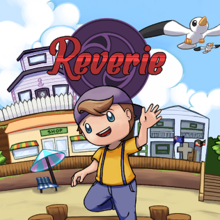

America - Front
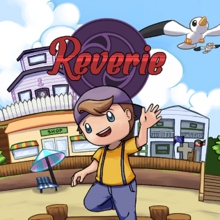

America - Back

Chronicle Games
Adventure
 03/29/18 Rainbite
03/29/18 Rainbite  (Add Date)
(Add Date) (Add Date)
(Add Date)
| Owners: | 0 |
| Favorite: | 0 |
| Tracked: | 0 |
| Wishlist: | 0 |
| Now Playing: | 0 |
Reverie is exactly the kind of game that has flourished on Vita - a small indie title that's big on ambition, featuring addictive gameplay and cute pixel graphics. The team at Rainbite has crafted a lovely adventure that's heavily inspired by genre classics like Earthbound and Zelda, but creates its own identity through an inherent charm and some fantastic world-building.
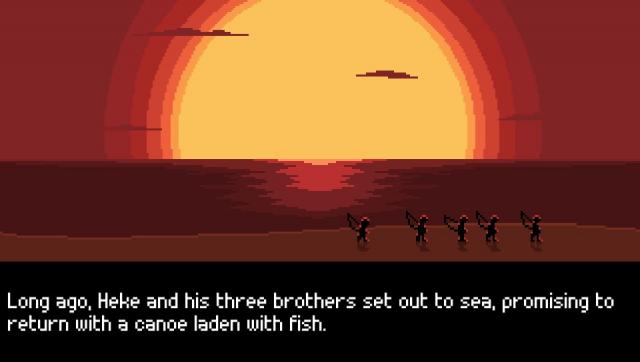
You'll start your journey as Tai, being told the eventful folklore history of Toromi Island by his mother as they board an ocean liner to Harikoa Town, where Tai will spend the summer with his grandparents. Oddly, Reverie starts on a somewhat ominous note as you learn about four brothers who squabble over the creation of Toromi and end up turning into vengeful spirits that haunt the land. It's not long before the game settles into a more familiar tone, though, following Tai's adventures on his summer vacation.
First landing in Harikoa is a familiar sight - the pixel graphics and bright, colourful buildings evoke the memory of something like Pallet Town from Pokemon Red - and, similarly, Tai will be starting his adventure here too. After exploring his grandparent's basement (which contains a washing machine haunted by one of the aforementioned vengeful spirits), he'll head on a journey to stop one of his brothers known as Heke from destroying the peaceful land.
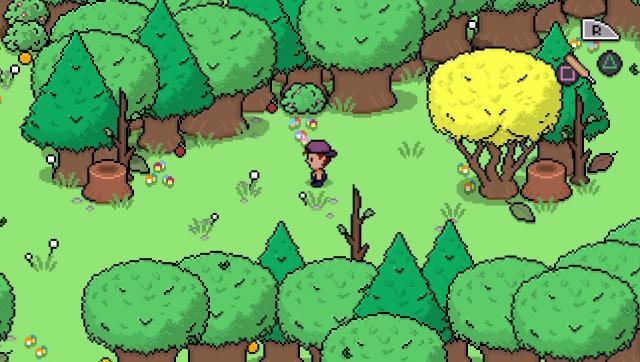
Gameplay in Reverie is split into two main parts - exploring the tile-based overworld (reminiscent of something like Adventures of Mana) and completing dungeons in order to progress to the next. Movement is easy - Tai has a handy roll move that gives him a quick burst of speed and can eventually buy wheelie shoes that can be used to cover ground quickly. Various other upgrades are unlocked by clearing dungeons, such as a snorkel, which allows you to swim across bodies of water to reach new islands, meaning getting around is always an enjoyable task.
Despite the recognisable geometry (if you've played any indie adventure game then Reverie will seem strangely familiar in the way its landscape is laid out), there is a real sense of discovery and unfamiliarity while looking around - the kind I haven't really felt since exploring Yakuza's Kamurocho for the first time. Everything is steeped in New Zealand culture, from the "Kia ora" greeting you'll get from Tai's grandad, to the strange idols you'll find scattered around that occasionally come to life and attack. You might uncover a hot spring populated with talking koalas, but such discoveries fit perfectly into the whimsical nature of the overall design, while similarly reminding you of the area of the world that you're in.
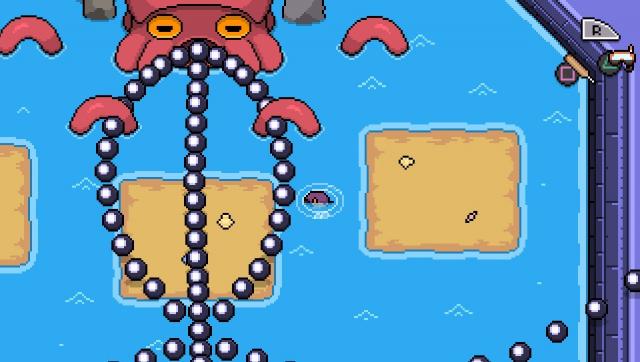
Obviously, not everything on Toromi Island is friendly and Tai has to defend himself with a trusty cricket bat on his travels (another nice cultural nod). Combat is very simplistic, despite the introduction of new weapons such as dart guns and a handy yo-yo which stuns on impact, and you'll never do much more than clobber foes a few times. It feels a little out of place - I was often reminded of Boku no Natsuyasumi when playing (a calming Japanese holiday simulator), but once you start flipping turtles over with a shovel and hammering them with a cricket bat this association goes out of the window (obviously Reverie isn't actually that graphic, but it does weave between being calming and hectic regularly).
Compared to the standard combat, boss battles are much more complex, requiring a mix of different movement and attack strategies to take down. Of particular note is a giant octopus. In this fight you have to dodge its attacks while on land and strike while you get chance, before using your scuba gear to submerge yourself in water to avoid the spray of its ink, then finally take out your dart gun and shoot its eyes. Pretty much every boss encounter mixes mechanics well like this, making them a particular highlight.
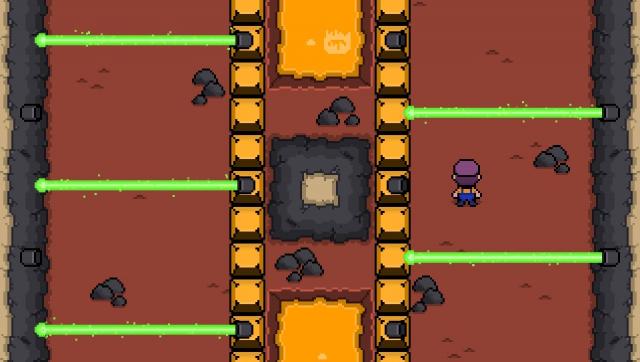
Dungeons start out easy, but progressively ramp up in terms of difficulty the further you get into the game. You'll move through a series of tile-based rooms (much like the overworld) and come across various obstacles, ranging from simple 'defeat all enemies' challenges to more complex ideas involving using all of the tools you've acquired so far. The team at Rainbite has thrown in some very smart puzzles (they seem to have a particular affinity for brain-teasers involving re-spawning boxes using switches, something that kept slipping my mind) and I managed to feel challenged at most points without ever feeling frustrated.
If there is one thing that annoyed me about Reverie, it'd have to be the technical hiccups - there's a slightly lengthy initial load upon booting up and some minor stutter when things like items spawn. It's definitely not a major issue, but noticeable and hopefully something that gets patched on Vita and tidied up for the PS4 version. For all I loved Reverie's colourful, vibrant pixel-art graphics for the most part too, there were times I wished the dungeons had a little more detail and environmental design.
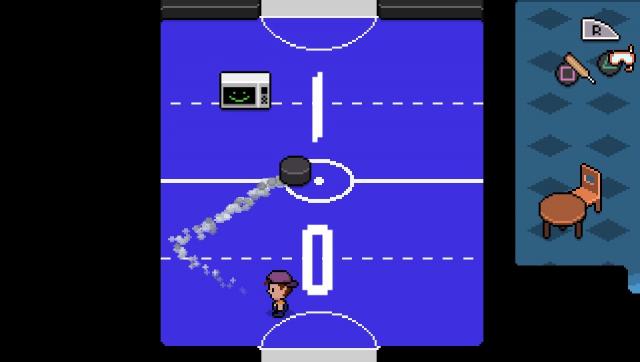
Still, these are fairly inconsequential issues and you're left with a charming adventure in a world that's a tonne of fun to explore. It's a fairly short journey, clocking in at around five hours, but with plenty of secrets to find, feathers to collect, mini-games like playing Pong against a microwave, and a bonus dungeon, there's plenty of reason to dive back in after the credits roll. I'm sure I'll be returning to Toromi Island in the future.









